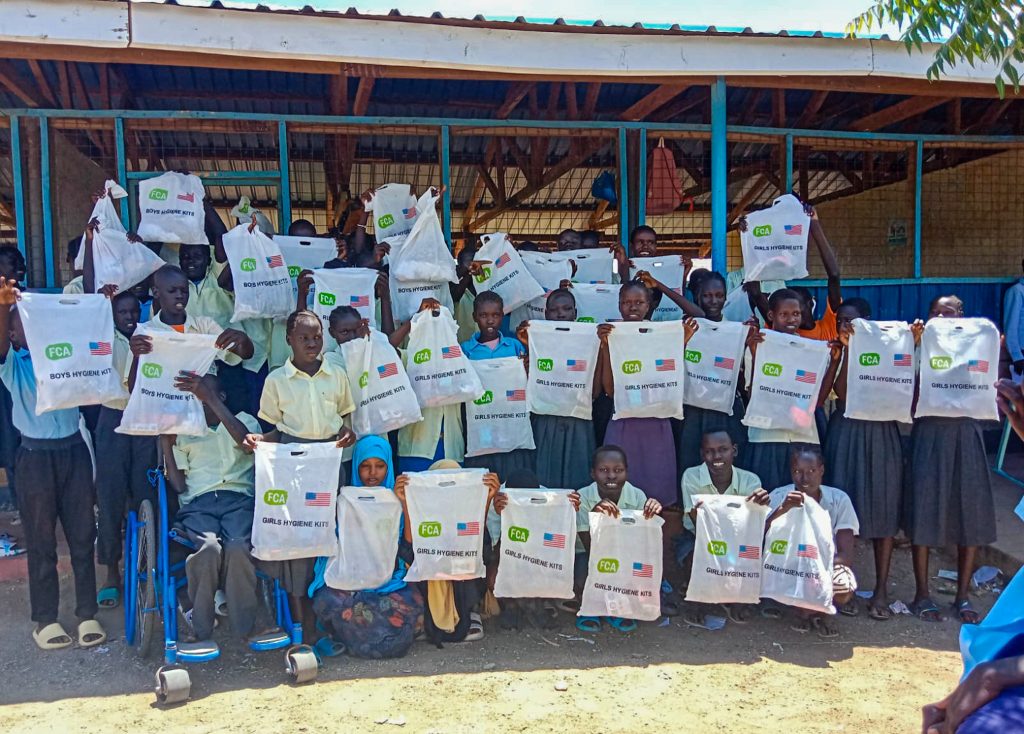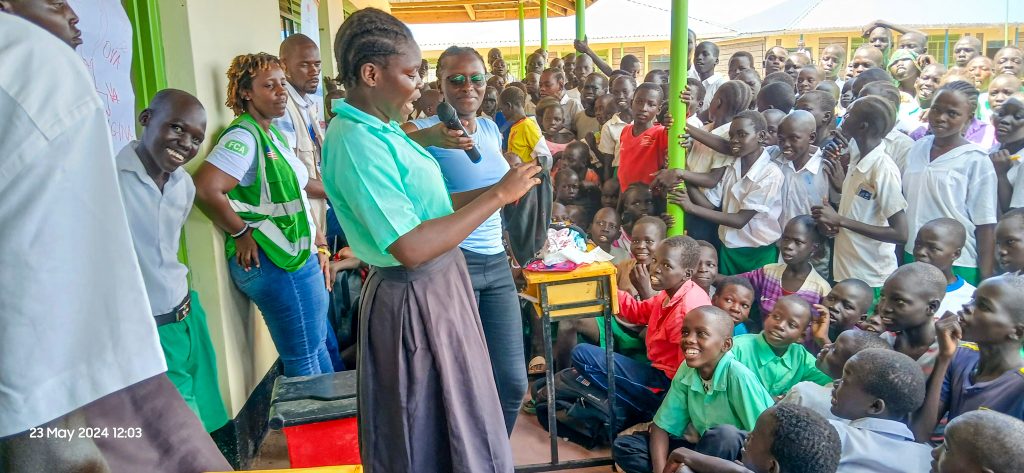Breaking the Taboo Around Menstruation

Just last Tuesday, I was sitting in math class, feeling on top of the world. I’d aced my last quiz, and even the teacher had given me a nod of approval. But then, out of nowhere, came a sudden wave of discomfort. A sharp cramp twisted in my stomach, and I knew what was coming.
I tried to focus on the lesson, but it felt like my mind was somewhere else entirely. And then it happened—that dreaded moment every girl fears in school. I felt a warmth spreading, and before I knew it, there it was: a bright red stain, unmistakable against the fabric of my skirt.
At first, I was mortified. I wanted to sink into my chair and disappear. But as I sat there, feeling the eyes of my classmates on me, a fire ignited within. Why should I be ashamed of something so natural? Why should I hide away, like it’s something to be embarrassed about?
With a deep breath, I gathered my courage and stood up. I could feel the heat of embarrassment creeping up my neck, but I refused to let it consume me. “Yes, I have my period,” I declared, loud enough for everyone to hear. “And no, I’m not going to hide or feel ashamed about it.”
There was a moment of silence, broken only by the hum of the air conditioning. And then something incredible happened. Instead of snickers or whispers, I saw nods of understanding and even a few smiles of solidarity. It was as if my bravery had given them permission to break free from their own fears and insecurities and break the stigma surrounding menstruation.
As the world marked World Menstrual Hygiene Day yesterday, it shed light on an issue affecting millions of girls globally: menstrual health. Despite progress, the stigma surrounding menstruation still impedes girls’ education and well-being. It’s crucial to dismantle this taboo and establish an environment where girls can study comfortably, regardless of their menstrual cycles.
According to UNICEF, nearly half of Kenyan girls lack access to menstrual hygiene products. This deficit triggers a domino effect that can derail a girl’s education and future. Girls miss school, lag behind in their studies, and consequently face shrinking opportunities, plummeting confidence, and potential mental health issues.
FCA’s Efforts to Support Menstrual Health

FCA, with funding from UNICEF, has been actively distributing menstrual hygiene kits to girls in five counties: Garissa, Marsabit, Turkana, Samburu, and West Pokot. By providing these kits, FCA ensures that no girl has to miss school because of her period. This initiative is part of a broader effort to promote gender equality and quality education, aligning with Sustainable Development Goals 4 and 5.
To further support menstrual health and hygiene, FCA Kenya Monitoring and Evaluation Officer Duncan Kimuli stated that under the OOSC Project, which ended on December 31, 2023, a total of 10,228 children (4,397 boys and 5,831 girls), representing 170%, were reached through hygiene promotion, including Menstrual Hygiene Management (MHM) in schools. Additionally, 9,806 girls, representing 123%, were reached with Menstrual Hygiene Management packages, including sanitary kits.
Under the ECW Project, which will end on October 30, 2024, 2,816 adolescent girls affected by conflict and/or crisis, representing 88% of the overall target of 3,200, received menstrual care kits and female hygiene kits in the four counties.
FCA has promoted gender-sensitive latrines for both boys and girls, including facilities for children with disabilities. They have supported the construction and rehabilitation of 35 sanitation facilities in schools, ensuring they meet national standards. Additionally, FCA has distributed portable handwashing facilities to schools without water connections and installed handwashing basins/tanks in schools with water connections. They continue to support hygiene promotion and Menstrual Hygiene Management (MHM) education in schools.
Need for Community and Government Engagement
To comprehensively address menstrual health, we must dismantle the stigma through education and open dialogue. Schools play a crucial role in implementing menstrual hygiene management programs. Governments must prioritize menstrual health by providing resources for menstrual hygiene products, clean sanitation facilities, and integrating menstrual health education into school curricula. Community engagement and awareness campaigns are essential to challenging cultural norms and dispelling myths about menstruation.
Text: Daisy Obare